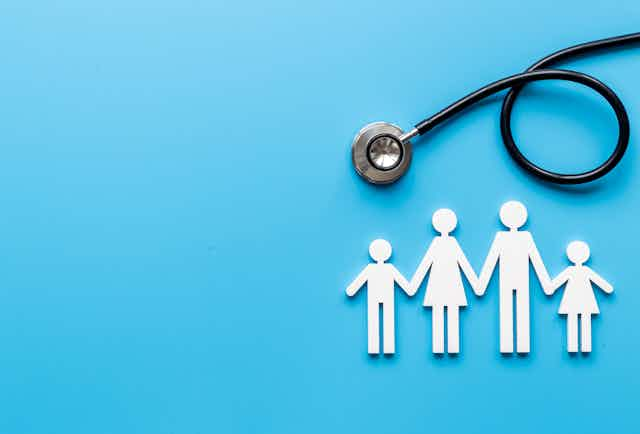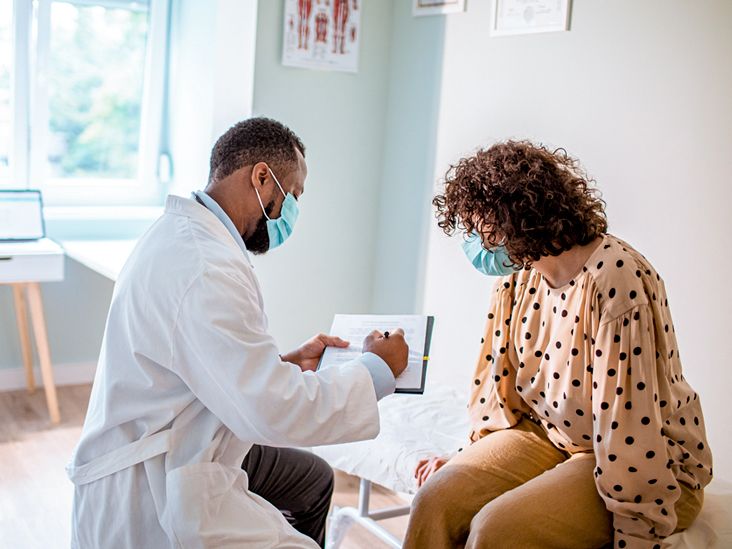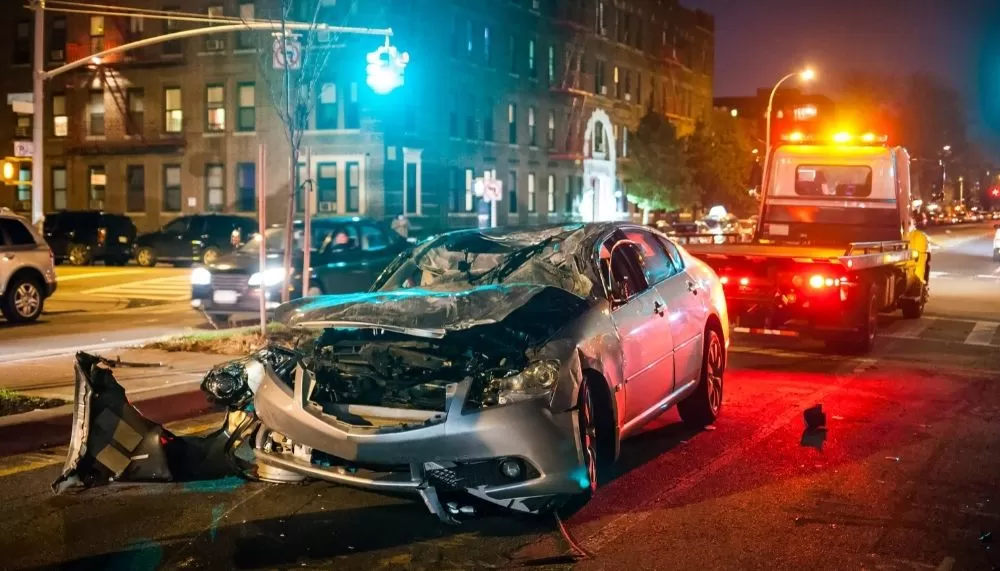Introduction
In the bustling city of Seattle, ridesharing services like Uber and Lyft have become a common mode of transport. While these services provide convenience and affordability, they are not without risks. Unfortunately, accidents can happen, leading to serious injuries for passengers, drivers, and even pedestrians. Navigating the legal landscape surrounding rideshare accidents can be complex and daunting. In this article, we will explore the legal recourse for injuries sustained in Uber or Lyft accidents in Seattle, examining various aspects from liability to potential compensation. Whether you’re a passenger who has been injured or a driver facing challenges after an accident, understanding your rights is crucial.
Legal Recourse for Injuries Sustained in Uber or Lyft Accidents in Seattle
When discussing legal recourse for injuries sustained in Uber or Lyft accidents in Seattle, it’s essential to understand the multifaceted approach involved. The nature of ridesharing creates unique legal questions regarding liability and insurance coverage.
Understanding Ridesharing Services
What are Uber and Lyft?
Uber and Lyft operate as technology platforms connecting drivers with passengers through mobile apps. car accident lawyer near me While they offer flexibility and accessibility, they also introduce complexities when it comes to liability during accidents.
The Rise of Rideshare Accidents
With the increasing popularity of ridesharing services, there has also been a rise in accidents involving these vehicles. Whether it’s due to distracted driving, reckless behavior, or logistical issues inherent to ridesharing, injuries can occur at any time.

Common Types of Injuries in Rideshare Accidents
Injuries sustained during rideshare accidents can vary widely but often include:
- Whiplash Fractures Concussions Soft tissue injuries Emotional distress
Understanding the type of injury is critical for determining the extent of legal recourse available.
Who Can Be Held Liable?
Determining who is liable in an accident involving Uber or Lyft can be complicated. Liability may extend beyond just the driver to include:
- The rideshare company (Uber/Lyft) Other drivers involved Vehicle manufacturers (in case of mechanical failure)
Insurance Coverage in Rideshare Accidents
What type of insurance do Uber and Lyft drivers carry?
Rideshare drivers are typically required to maintain personal auto insurance policies; however, both companies provide additional coverage during specific periods:
App Off: Driver's personal insurance. App On: Liability coverage provided by Uber/Lyft. Passenger Picked Up/On Ride: Higher limits for bodily injury.
Understanding these provisions is crucial when seeking compensation after an accident.

Steps After an Accident Involving Rideshare Vehicles
If you've been involved in an accident while using a ridesharing service, follow these steps:
Ensure Safety: Move to a safe area if possible. Seek Medical Attention: Even minor injuries should be evaluated by a healthcare professional. Document the Scene: Take photos of damages, gather witness information. Report the Accident: Notify both the police and your rideshare service. Contact Accident Lawyers: Seek legal advice as soon as possible.Why Consult Accident Lawyers?
Accident lawyers specialize in navigating complex cases like those involving rideshares. They help you understand your rights and maximize your chances for compensation.
Potential Compensation Available After an Accident
Victims may seek compensation for various damages following an accident:
Medical Expenses- Hospital bills Rehabilitation costs
- Time off work due to injuries Future earning capacity
- Emotional distress resulting from the accident
- Repair costs for damaged items
Negligence Standards in Washington State
Washington follows a comparative negligence rule which means that if both parties share fault for an accident, compensation may be reduced based on their percentage of fault.
Proving Liability After an Uber or Lyft Accident
To successfully claim damages after an accident involving Uber or Lyft, you must prove:
The driver was negligent (e.g., distracted driving). Their negligence led to your injury. You suffered actual damages (medical bills, lost wages).The Role of Evidence
Evidence plays a crucial role in establishing liability:
- Police reports Eyewitness testimonies Medical records Photographs from the scene
Gathering this evidence promptly is vital for building a strong case.
Filing a Claim Against Uber or Lyft
Once you’ve established liability based on evidence collected post-accident, you will need to file a claim with either:
The driver’s personal insurance The rideshare company’s insuranceNavigating the Claims Process with Accident Lawyers
Working alongside experienced accident lawyers can streamline this process significantly:
- They’ll handle paperwork. They’ll negotiate with insurers.
Accident lawyers ensure that all necessary documentation is submitted accurately and on time.

Common Defense Strategies Used by Rideshare Companies
Rideshare companies often employ various defense strategies when responding to claims:
Denying liability. Arguing shared fault. Contesting medical expenses claimed by victims.Being aware of these tactics allows victims to prepare more effectively when pursuing their cases.
How Long Do You Have to File a Lawsuit?
In Washington State, victims generally have three years from the date of injury to file a lawsuit related to automobile accidents under RCW 4.16.080(2). However, it's always advisable to consult with accident lawyers sooner rather than later due to complexities involved.
FAQs About Legal Recourse for Injuries Sustained in Uber or Lyft Accidents in Seattle
FAQ 1: What should I do immediately after being injured in an Uber or Lyft?
You should prioritize safety first; then seek medical attention and document everything about the incident thoroughly before contacting accident lawyers.
FAQ 2: Who pays my medical bills after a rideshare accident?
Typically, medical expenses are covered by either your health insurance or through claims against the responsible party's insurance policy.
FAQ 3: Can I sue both the driver and Uber/Lyft?
Yes! If negligence can be proven against both parties resulting in your injuries, you may pursue compensation from both sources simultaneously.
FAQ 4: How much does it cost to hire accident lawyers?
Most accident lawyers operate on a contingency fee basis—meaning they only get paid if you win your case—making them accessible even if you're short on funds upfront!
FAQ 5: Will my case go to trial?
While many cases settle out-of-court through negotiations with insurance companies, some may proceed towards litigation depending on circumstances surrounding each unique case.
FAQ 6: What happens if I was partially at fault during my ride-share incident?
Washington operates under comparative negligence laws meaning that your awarded compensation may be reduced based on how much fault lies with you compared against others involved!
Conclusion
Understanding your rights after being injured as part of an Uber or Lyft incident is paramount—especially given how intricate such cases can become! From grasping who might hold liability down through navigating claims processes effectively—having knowledgeable support like skilled accident lawyers makes all difference! By knowing what steps need taking right away following an injury & armed with information about potential outcomes—you stand stronger against uncertainty ahead!